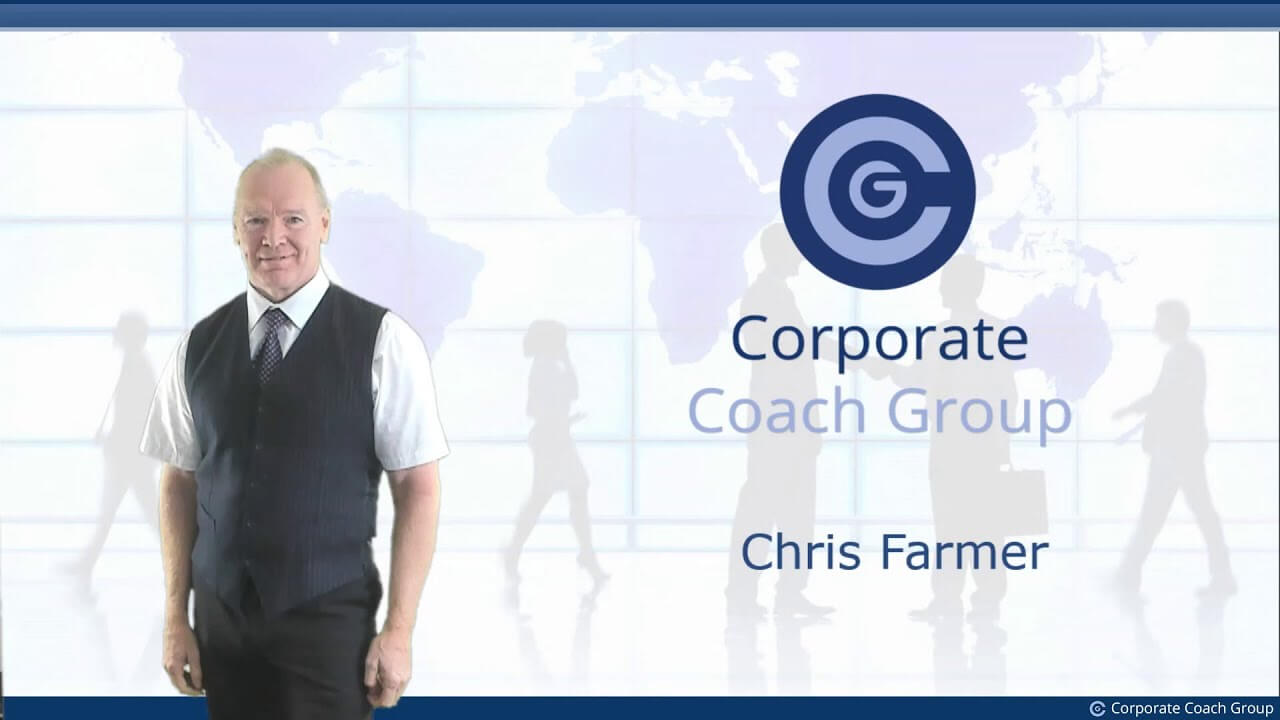What is critical thinking training?
Critical thinking training is designed to empower people to achieve their goals, by teaching thinking skills which will help them in two ways.
First, to become more conscious of the common errors of thought that most people fall into, and which lead them to act on false ideas. Acting on false ideas will guarantee failure because success requires that thinking must correspond to reality. Critical thinking’s first task is therefore to identify sources of error and eliminate them.
The second reason to learn critical thinking is more constructive: it is to empower people to build detailed, logical, comprehensive and coherent plans, that will guide intelligent, purposeful action in the pursuance of a predetermined goal.
Only logically sound plans will achieve a goal. And logic is not an innate skill, it needs to be learned, understood, and applied. On this course you will learn, understand and be able to apply critical thinking and logic to avoid error, construct sound plans, and therefore achieve your goals.
Contact Us Today
If you want to know more about this course, or any other Management Training Courses, or their suitability for you or a colleague, call us on 020 3856 3037 or make an enquiry online.
Customer Reviews
Shrewsbury School
Mari Vision Pvt Ltd
Critical Thinking and Problem Solving Training Availability, Pricing and Course Dates
If you have any questions, please phone us (020 3856 3037) or send us a message.
Live Online Virtual Training
- Live Online Critical Thinking and Problem Solving Virtual Training delivered via Zoom or Microsoft Teams
- Easy to join - all you need is a laptop or tablet with a Webcam
- Learn the same skills as a face-to-face session, but from the comfort of your own home (or office!)
Bespoke Training (In-House or Live Online)
(International Price Varies)
In-House training has been designed to provide a similar experience to our open courses, however we can tailor the content to fit your specific needs.
Plus, travel and hotel accommodation for trainer if needed (Premier Inn type: not the Hilton!)
We are able to train in your timezone.
All our training includes:
- A full day of quality training, delivered by an experienced trainer
- Total of 6 CPD training hours (9am - 4.30pm), plus an additional 2-3 via post-course online independent learning.
- Full digital interactive course notes
- Training certificate
- Access to additional free training material after the course via our post-course portal
- 3 months free telephone coaching: Whilst you are implementing what you have learned, if you need to, you can contact us for support and guidance
Critical Thinking and Problem Solving Course Overview
As you would expect, this course is itself very systematic and logical in its construction.
We start with definitions: What is critical thinking? What is logic? Why can we NOT succeed if we use irrational, emotionally driven thinking methods, in an attempt to solve real world problems?
We identify the most common errors of thinking that are committed by most people, most of the time, and we ask delegates to examine their own thinking and to assess how many common errors they are prone to. The purpose of this section is to bring to conscious awareness how common and embedded these errors of thinking are: Errors such as using “the majority opinion”, or “gut feel guesses” as a guide to action.
Then we get into the positive, constructive portion of the course where we teach correct thinking methods, which themselves break into three types: Inductive logic, deductive logic, creative logic.
Inductive logic is seeing “patterns” buried in the facts and drawing from these patterns’ valid conclusions or a general principle.
Deductive logic is the complementary style of thinking: It is the application of a general principles to a new set of facts: or it is the act of explaining a set of facts by reference to an already known principle
Creative logic is the use of the imagination to find new ways to combine old facts, to seek out new lines and new rationalisations, to boldly go where no mind has gone before!
The course concludes with an examination of how we combine these four factors, (error detection, inductive, deductive and creative logic), to form a system of thinking speaking writing and action that will maximise our chances of success.
Learning Outcomes:
- Correctly apply previous knowledge to new situations
Critical Thinking and Problem Solving Course Details
Morning Session
What is critical thinking?
What is logic?
Why illogical methods fail
Cause and effect
Natural law
Common errors of thinking
Afternoon Session
Inductive logic
Deductive logic
Creative logic
How to stimulate the creative imagination
Combine four thinking styles
Register for an Online Training Session
We offer online training webinars via Microsoft Teams, please choose one of the sessions below to start your registration process:
A full day of training (9am - 4.30pm - UK time - Convert) - only £350+VAT per delegate
| Date | Platform | Cost | Availability |
|---|
Critical Thinking and Problem Solving FAQs
How do I join a Corporate Coach Group course?
Is this course offered in-house?
What is the course training method? Is it interactive?
What kinds of people attend this Critical Thinking and Problem Solving course?
Companies We've Trained
Related Articles from our Decision Making and Problem Solving Blog
How to Overcome Procrastination
21 May 2024Overcome procrastination with the Mind over Mood method: train the rational brain, adopt smart time-management habits and use a clear action plan to act today.
Continue Reading >Five Important Problem-Solving Questions
27 February 2024Master problem solving with five questions: check facts, define the gap, write a plan, act on first steps, then repeat for ongoing improvement and results.
Continue Reading >Unlocking the Power of First Principles
13 June 2023Learn why first principles thinking beats shifting facts, helps you validate opinions, spark ideas and make better decisions that stay sound as the worldchanges
Continue Reading >Key Steps to Better Decisions
6 June 2023Learn evidence-based steps for better decisions. Gather facts, test ideas, weigh risks, review feedback and adapt to change for ethical, confident decision mak
Continue Reading >











